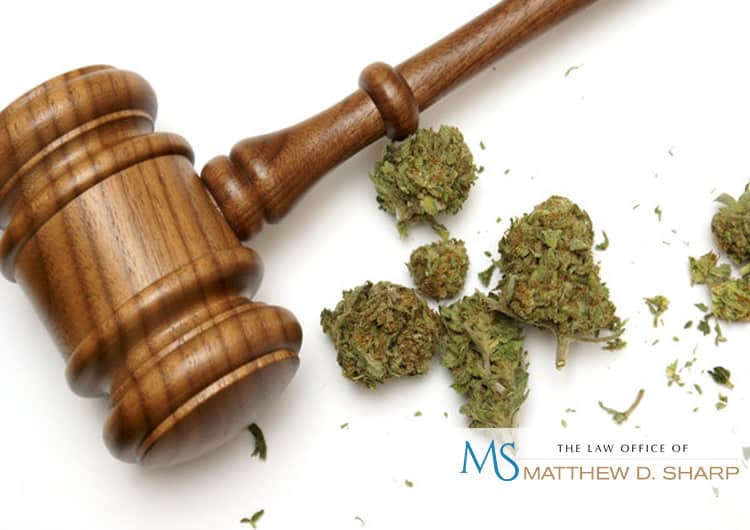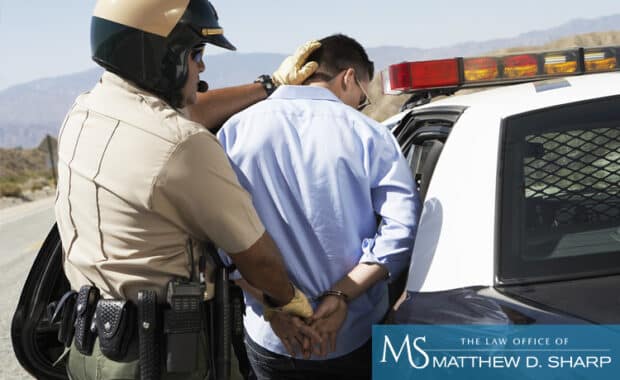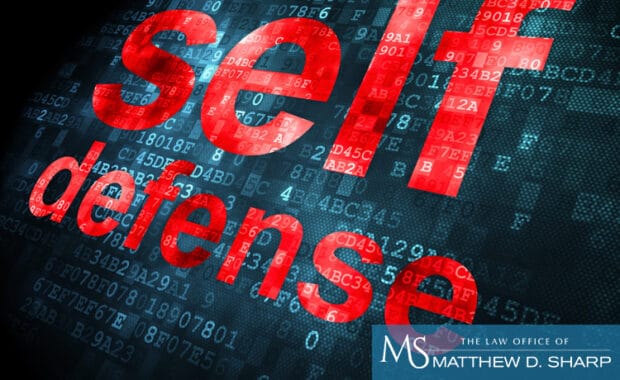In 2018, Texas implemented a Farm Bill that allowed the cultivation of domestic hemp. This bill, however, did not legalize the plant. Governor Abbot amended this by signing House Bill 1325 on June 10, 2019, which allows for legal hemp cultivation, production and sale.
Also included in the bill are provisions for inspection, licensing, testing guidelines and transportation for hemp products to ensure that all Texas-grown hemp has less than .3 percent of tetrahydrocannabinol (THC)—the psychoactive substance that causes the high when consumed or smoked.
Additionally, HB 1325 allows law enforcement permission to collect and inspect hemp samples as it’s being transported to check that THC levels fall below the .3 percent threshold. This provision also allows the police to both detain and ask for documentation on any hemp they find to determine whether it’s being transported legally. Officials, however, admit applying this rule will be difficult for the police to implement.
What HB 1325 didn’t change
The cultivation, possession and use of marijuana is still very much illegal in Texas.
Additionally, the bill did NOT decriminalize marijuana. In Texas, individuals caught with less than 2 ounces of marijuana can face a Class B misdemeanor as well as a $2,000 fine and up to 180 days in jail.
Understanding the difference: marijuana vs. hemp
In truth, there is no marijuana or hemp plant. Both are cannabis Sativa plants that have been bred to achieve specific attributes. Now, largely due to the changing social norms regarding marijuana, marijuana has been classified as “a cannabis plant or its derivatives with a THC concentration of more than 0.3 percent.” Any cannabis plant that contains less than .3 percent THC is classified as hemp.
Marijuana is largely grown indoors so that cultivators can control light cycles and soil content to ensure maximum flowering, which will achieve varying concentrations of THC (potentially up to 30 percent). By comparison, in addition to having extremely low levels of THC, hemp is typically grown outdoors and is bred to grow quickly and to achieve as large a size as it can.
Drawback to HB 1325
It is the margin for error between the 2 plants that poses a problem for HB 1325. According to some prosecutors who feel legalized hemp is an open door, it makes it that much more difficult for law enforcement who must now take the time to determine whether an individual is in possession of a legal or illegal substance.
Moreover, there is also room for a debate over whether an entire cannabis plant is illegal because of the less than .3 percent ruling. This could mean that a single cannabis plant could return results that are both illegal and legal, simultaneously.
In addition to the confusion this could cause, Texas crime labs and prosecutors likely don’t have the kind of resources needed to detect such a small amount of THC. Not only would this likely lead to incorrect testing results, but it would also create a loophole for those convicted of marijuana charges getting reduced or thrown out if the defendant claims they were in possession of hemp instead of marijuana.
Due to the ambiguity in HB 1325, it is essential that if you or a loved one are charged with a marijuana offense in Houston, Texas that you contact a knowledgeable defense lawyer, like those at the Law Office of Matthew D. Sharp today. Your first consultation is free.





